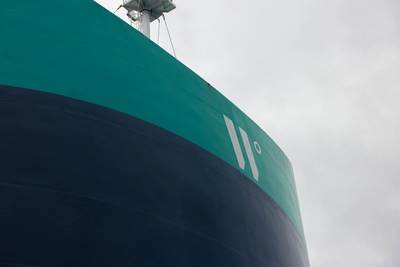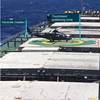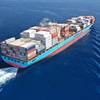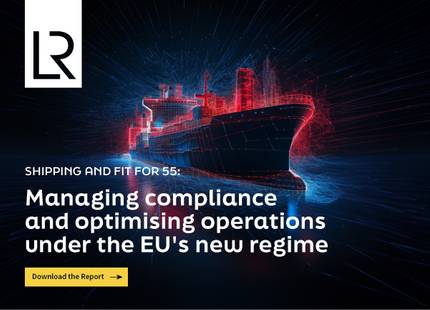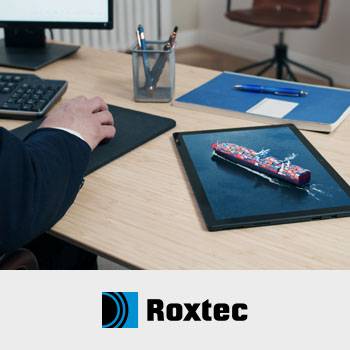Wallenius Wilhelmsen Bunkers First HSFO-Biofuel in Korea
The world's largest RoRo shipping company Wallenius Wilhelmsen reports its vessel Torrens is the first to bunker B30 HSFO-biofuel in South Korea. The bunkering took place during a call at Masan Port as part of the vessel's regular sailing schedule.
A drop-in fuel that can be used in existing engines without any modification or tank cleaning, HSFO biofuel is a HSFO blended with UCOME (bio feedstock). The number of suppliers worldwide offering this particular fuel is currently very limited, and the issue is compounded by the general lack of demand for marine biofuel blending in Korea, Wallenius Wilhelmsen said.
Jang Hongseok, Manager Energy Sourcing, Wallenius Wilhelmsen, said, “Despite the growing demand and supply of biofuels around the world, the preparation of biofuels in Korean ports has been somewhat slow. As Korea is one of our major bunkering ports, stable biofuel supply is essential to secure flexibility of tonnage allocation, so I am pleased to have a B30 HSFO trial with GS Caltex, one of Korea's major fuel suppliers, and I hope close cooperation will continue in the future.”
A collaboration between GS Caltex Corporation and Wallenius Wilhelmsen, supply will be limited in Korea until the rules and regulations for biofuels are finalized by the authorities.
Cha Hyungmin, Team Leader of GS Caltex Biofuel team, said, “GS Caltex has paved the way for developing bio-marine fuels in Korea, and we expect this B30 Bio-Marine Fuel (HSFO) trial with Wallenius Wilhelmsen will be a meaningful step for scrubber installed vessels of global shipping companies to reduce their carbon emissions when calling Korean ports. We hope to expand the relationship with Wallenius Wilhelmsen and support as a carbon reduction solution partner in Korea."
In the meantime, Wallenius Wilhelmsen said it is currently assessing the viability of both HSFO-biofuel blends and VLSFO-biofuel blends in the Asia region as part of its global deep-sea trade decarbonization strategy.
The company said customers are increasingly looking to reduce their Scope 3 CO2 emissions by utilizing biofuel. In response, Wallenius Wilhelmsen has launched a new Reduced Carbon Freight Service and will issue declarations, verified by a third-party accreditor of reduced CO2 emissions to customers who have purchased the new offer.
Customers using the Reduced Carbon Freight Service will typically be able to reduce their Scope 3 CO2/GHG emissions in their supply chains, by approximately 20-25% using B30 biofuel compared with VLSFO/HSFO on a fuel lifecycle, Wallenius Wilhelmsen said.



